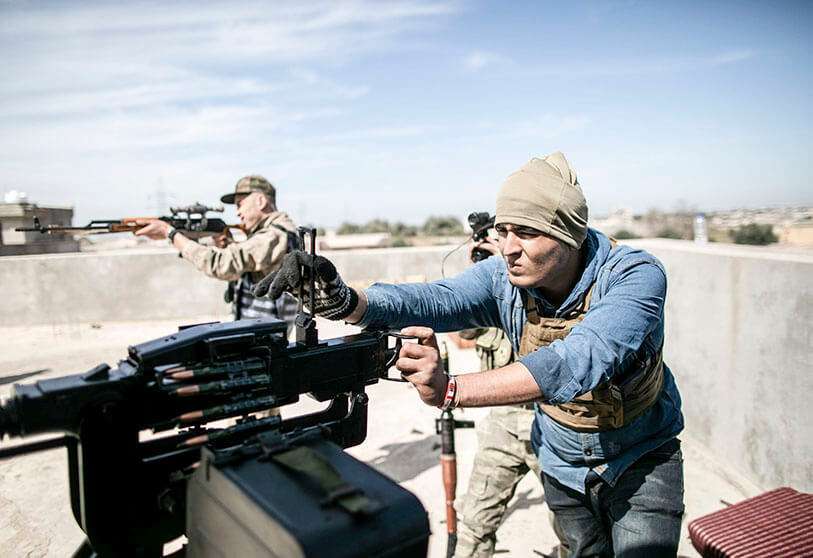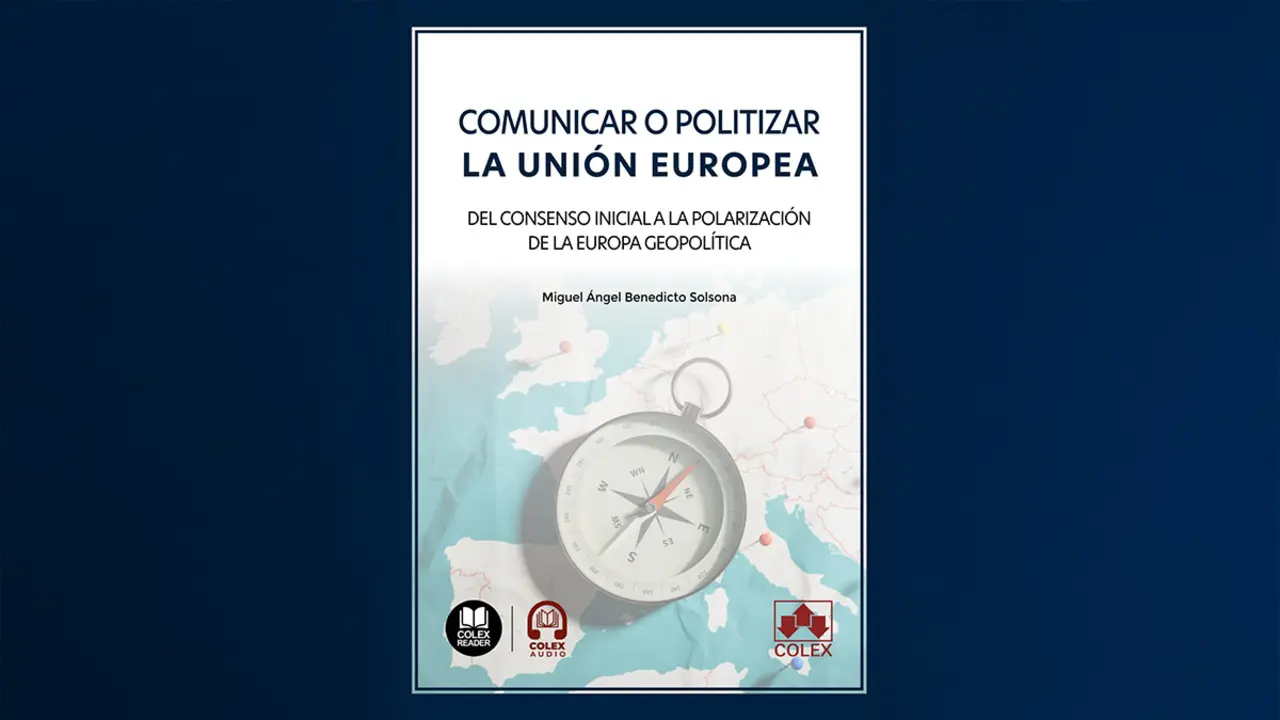Illegal shipment of tramadol from Turkey destroyed in Libya

Drug trafficking is another aspect of the war in Libya. In a conflict with so many sides and so many interests at stake, drugs are playing a role that must not be ignored. One of the latest episodes related to this dimension has become public in the last few hours. The port authorities in Benghazi - the main city in the east of the country, under the control of the Libyan National Army (LNA) in Khalifa Haftar - have intercepted and destroyed a shipment of Tramadol from Turkey.
According to the Libya Review, the shipment consisted of 750,000 Tramadol pills. It is true that this substance is often used in the manufacture of pain-relieving drugs. However, there are instances where it is not used as a simple painkiller.
What is tramadol? Simply put, it's a synthetic drug obtained by combining amphetamine with theophylline. What's so special about it? Over the past few years, particularly since the emergence of Daesh in Syria and Iraq, it has gained enormous popularity among members of jihadi terrorist groups, to the point that it has come to be called the “Jihad Pill”.
There are two main reasons for its success, as the specialist media Military Times points out. Firstly, it has a value as a commodity to be resold and thus obtain funding. Second, it has been widely used by terrorists for a variety of reasons. Tramadol acts as a stimulant, so it increases the resistance of combatants and helps them to stay alert longer. In addition, its analgesic properties help to alleviate pain and physical sequelae; a bit like morphine, but more intense.
It is believed that the shipment intercepted a few hours ago in Benghazi may have been intended for Turkey's allied militants fighting on the front lines in Tripoli and southern Misrata.
For several months now, the Government of Ankara has been sending military, allied combatants and supplies of all kinds to Libya to support Fayez Sarraj's National Accord Government (GNA), which is resisting in Tripoli and a few other strongholds of rebel marshal Haftar's LNA military offensive.
In addition to the Turkish Army's own troops deployed in North African territory, more than 5,000 like-minded militants - mostly from jihadist organizations - have arrived from Syria, according to figures from the Syrian Observatory for Human Rights (SOHR).

Libya, an important hub in the narcotics market
It has not been confirmed whether the shipment of drugs by sea burned in Benghazi was ultimately destined for these militiamen. However, the Syrian pro-Turkey fighters fighting in and around Tripoli have a widespread connection with drug trafficking and consumption.
Recently, the American journalist Lindsey Snell, who specialises in terrorism issues and has extensively documented the war in Libya, revealed that there is a major infrastructure for smuggling drugs from Syria into the country. The reporter cites sources from the Syrian National Army, one of the factions still fighting Bachar al-Asad and which also has troops deployed in Libya.
According to these sources, many factions of this organisation, especially the Hamza Division, are engaged in smuggling narcotic tablets into the North African country, since they are not subject to exhaustive searches. The aforementioned tramadol is one of them, but Snell also refers to captagon.
Like tramadol, it is a synthetic drug that is very popular in jihadist circles, serving as a stimulant and, to some extent, inhibiting willpower. Its production skyrocketed globally with the start of the war in Syria in 2011. There was speculation that it may have been consumed by the perpetrators of some of the most recent jihadist attacks on European soil, such as the Bataclan hall in Paris. However, a report by the European Monitoring Centre for Drugs and Drug Addiction (EMCDDA) in October 2018 rejected such a hypothesis, considering that there was not enough scientific evidence.
Since the fall of Muammar Gaddafi, Libya has been a major hub of international drug trafficking. The lack of authority in the country, added to the porosity of the southern border, has created a passage from the Sahel to the Mediterranean region in which a multitude of criminal organisations have been conducting their activities without having to worry about being prosecuted.








